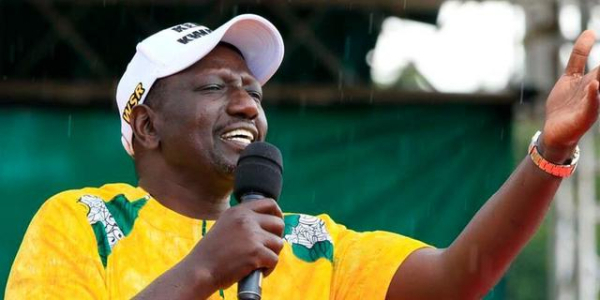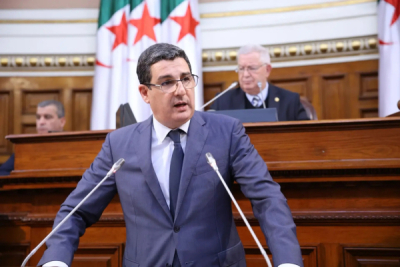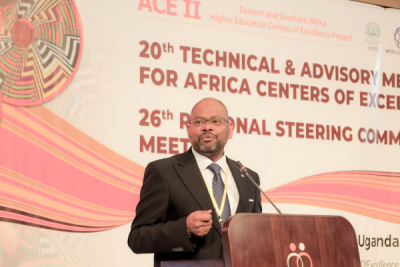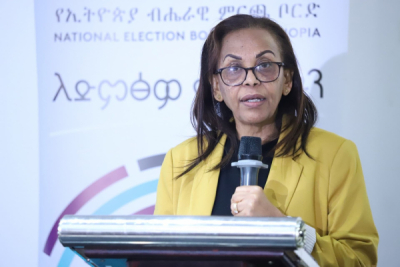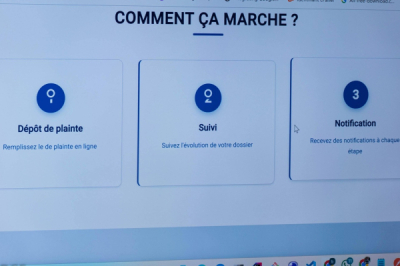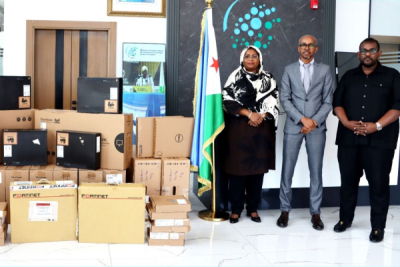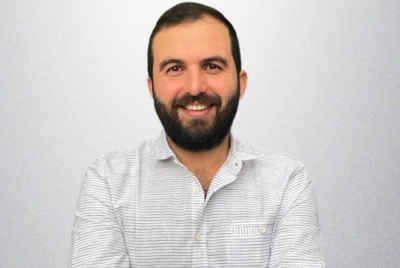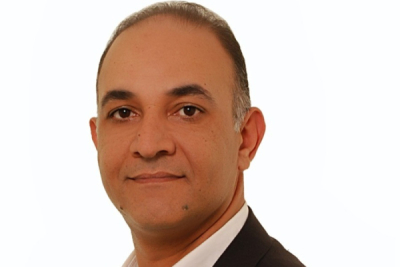During his presidential term, which started in April 2013, the outgoing president Uhuru Kenyatta, initiated a set of projects transforming Kenya into a tech powerhouse. His successor plans to build on his achievements to make the country a digital transformation reference.
On August 15, William Ruto was declared the winner of the last presidential election in Kenya, one of Africa’s leading tech powerhouses. In his manifesto, the incoming president promised to implement projects aimed at accelerating the digital transformation initiated by outgoing president Uhuru Kenyatta.
One of his plans is to add 100,000 kilometers of optic fiber cable to the existing 9,000 km network in the next five years. The aim is to achieve universal broadband availability during the period. He also wants to increase the rate of public services digitization and automated critical government processes to 80 percent.
According to the manifesto, broadband and digital transformation will “play a critical role in enabling [Kenya] to make tremendous achievement in the other four pillars of Health, Agriculture, MSME and Financing as well in enhancing revenue collection via automation of VAT systems.”
In recognition of the digital sector’s impact on job creation and poverty alleviation, William Ruto also announced his plan to reduce internet costs to facilitate access to internet for Kenyan youth, therefore giving them the possibility to learn, get crucial information and do business.
He also promised to establish an “Africa Regional Hub” and promote “the development of software for export.” Similarly, the incoming president plans to develop the business process outsourcing (BPO) industry into a major export and job creation sector.
“The administration will strengthen Konza Technopolis to bring together industry, academic institutions and other innovators to co-invest in emerging technologies to create high-quality jobs that leverage on artificial intelligence, robotics and other technologies and thus enhance our regional and global competitiveness,” the manifesto reads.
The projects are aimed at making Kenya a digital transformation reference on the African continent by 2027 and guaranteeing effective human, economic and social development. The investments required to carry out those projects are estimated at Ksh40 billion (US$334 million), to be financed by the Universal Service Fund. The fund, managed by the Communications Authority (CA), is made up of taxes levied on licensees, government appropriations, grants, and donations.
Muriel Edjo


